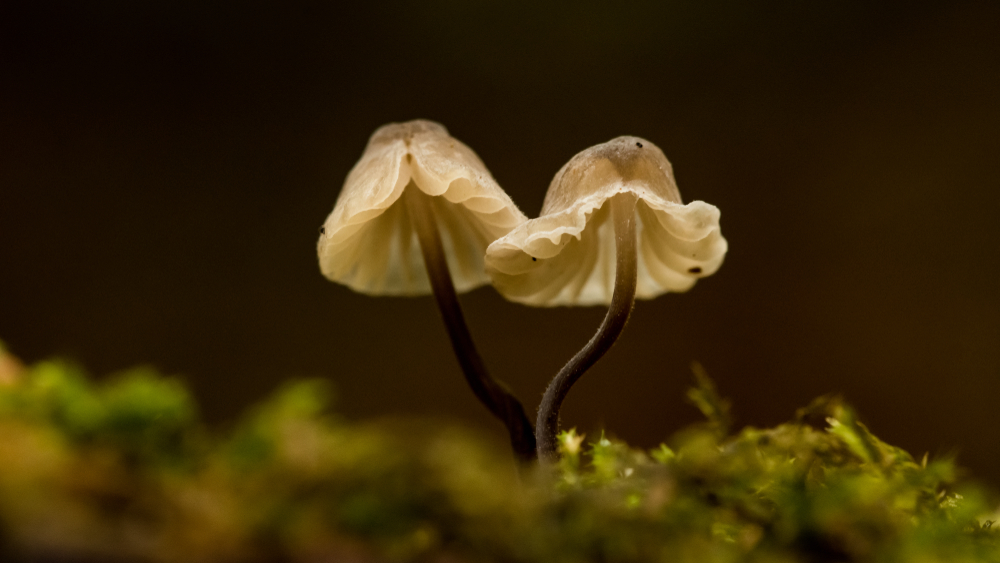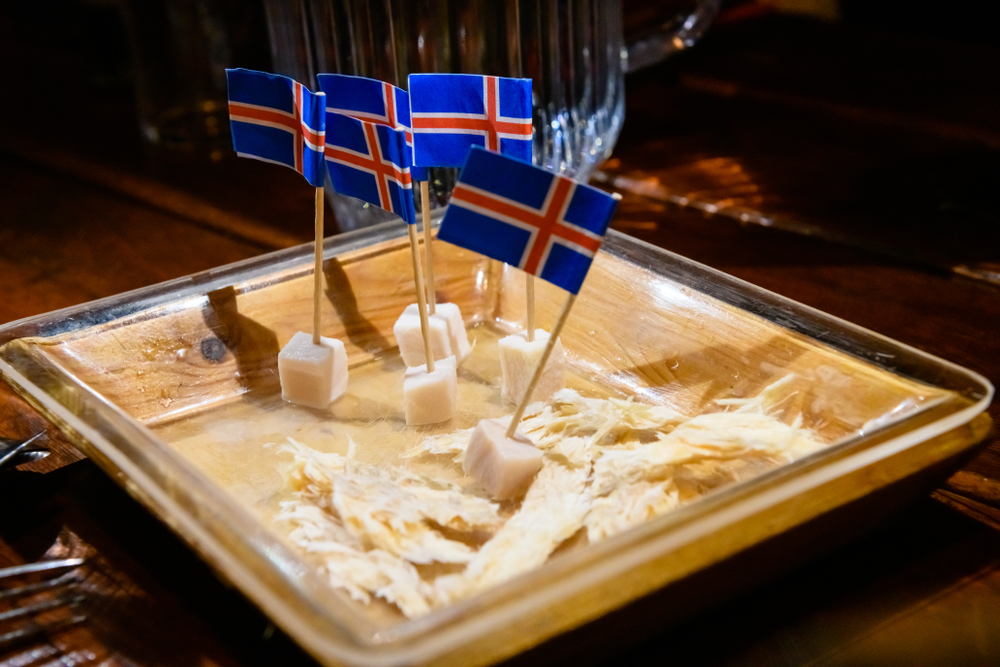Decomposers are organisms that break down dead plant and animal matter and recycle it in the ecosystem. Fungi are key decomposers in many ecosystems, breaking down dead wood and fallen leaves, and returning essential nutrients to the soil for other plants to use. Without fungi, dead plant matter would accumulate, leading to a build-up of toxins and a decrease in biodiversity.
Fungi also form mutualistic relationships with many plants, including the majority of flowering plants. In these relationships, the fungus surrounds the plant roots, providing the plant with access to nutrients and water while the plant provides the fungus with carbohydrates. This mutualism is essential for the survival of many plant species, including many of the crops that feed human populations.
Fungi also play a role as parasites, feeding on living organisms. Some fungi are parasites of plants, weakening or killing them, while others are parasites of animals, including humans. Despite their negative effects on individual organisms, these parasitic relationships also play important roles in food chains and ecosystems by controlling population sizes and maintaining biodiversity.
In addition to their roles in the ecosystem as decomposers, mutualists, and parasites, fungi also play a significant role in the food chain as a food source for many animals. Many species of insects, birds, and mammals rely on fungi as a primary or secondary food source. For example, the waxcap mushroom is a favorite food of the European crested tit, while the fly agaric mushroom is a staple food source for the red squirrel.
Fungi also play an important role in human diets, with many edible species like mushrooms, truffles, and yeast. They are considered a delicacy by many cultures and are used in a wide range of dishes. They are also used in the production of fermented foods like bread, cheese, and soy sauce.
Fungi also have medicinal properties, they have been used in traditional medicine for centuries to treat a wide range of illnesses and diseases. Penicillin, one of the first antibiotics discovered, is produced by the fungus Penicillium. Today, scientists are exploring the potential of other fungal species for producing new antibiotics and other medicines.
Another important aspect of fungi in food chains is their role in nutrient cycling. Fungi break down complex organic compounds, such as lignin and cellulose, that are found in dead plant material and return the nutrients to the soil for other organisms to use. This is particularly important in forest ecosystems where fallen leaves, branches and other dead plant material can form a thick layer on the forest floor. Without the action of decomposer fungi, this material would not break down and the nutrients would not be returned to the soil.
Fungi are also known to form mycorrhizal associations with the roots of many plants. In this mutualistic relationship, the fungus helps the plant to absorb nutrients, such as phosphorous, that are difficult for the plant to access on its own. This association is crucial for the survival of many plant species, especially in nutrient-poor soils.
Fungi also play a role in nutrient cycling by forming symbiotic relationships with other organisms. For example, some species of fungi form symbiotic relationships with algae or cyanobacteria to form lichens, which are able to survive in extreme environments like deserts and tundra. These organisms are able to survive in these environments because the fungus provides the algae or cyanobacteria with a protected environment and access to nutrients.
In conclusion, fungi play a vital role in food chains and ecosystems by breaking down dead plant matter and returning essential nutrients to the soil, forming mutualistic relationships with plants, forming symbiotic relationships with other organisms, and cycling nutrients throughout the ecosystem. They are an essential part of the food chain and their presence is necessary for the survival of many other organisms. Without fungi, food chains and ecosystems would be vastly different and potentially less diverse.




